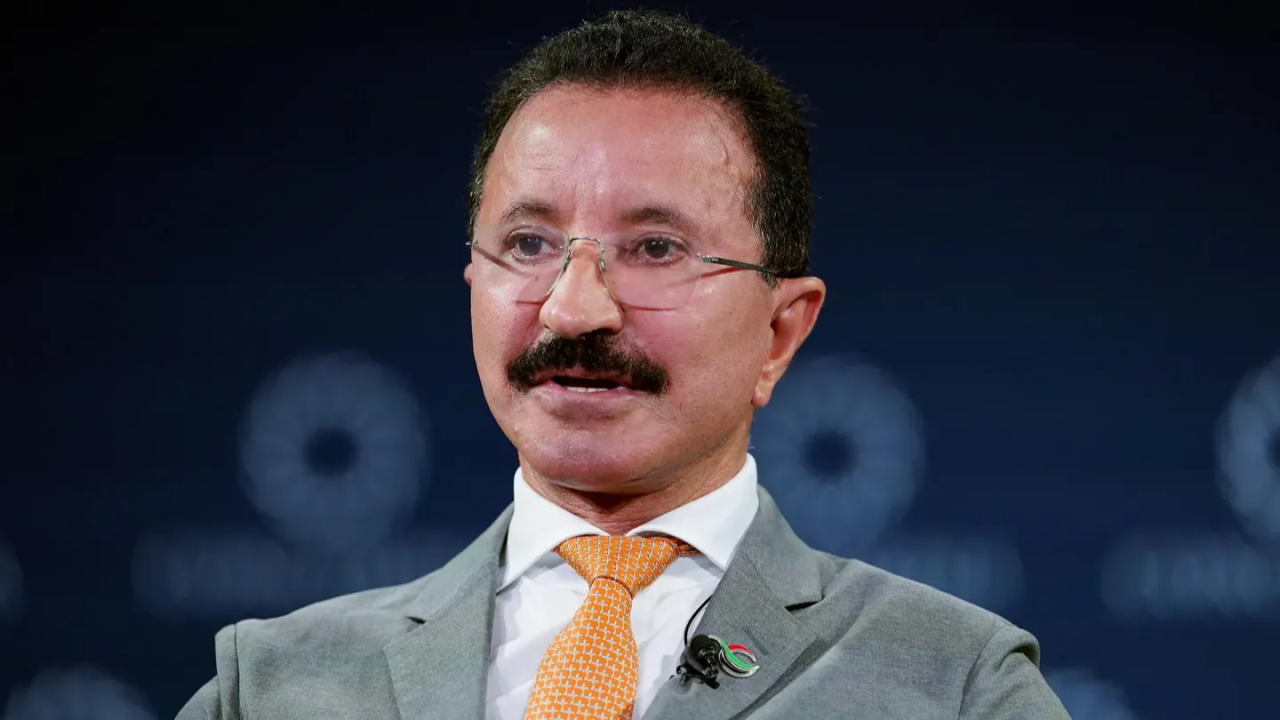August 21, 2024
Senior employment in Japan, can ChatGPT design a university course and how can we solve the global skills crisis – these are the stories covered in this issue of the World Economic Forum’s 3 Work Trends newsletter, your guide to the future of work and education in an ever-changing world.
- How senior employment is addressing workforce shortages and #EmployeeSatisfaction in #Japan
Surveys indicate that approximately 80% of Japanese workers want to continue working after retirement.
Despite this appetite, older workers face reduced wages and limited work opportunities compared to their younger colleagues, which reduces satisfaction.
The Japanese government is now actively encouraging companies to boost senior employment across the nation, through new laws and various subsidy programmes.
More organizations are now introducing systems that allow employees to extend their retirement age, without sacrificing benefits as they work into old age.
For example, air conditioning manufacturer Daikin rehires over 100 employees annually under a system that extends the retirement age from 60 to 65 for those who want to continue working.
Learn more about advancing senior employment in Japan here, in this article from Naoko Tochibayashi and Mizuho Ota.
2. What happens when #ChatGPT designs a #university course?
Andrew Maynard, Professor of Advanced Technology Transitions at Arizona State University, saw an opportunity in early 2023 to use ChatGPT to educate young people on how to use LLMs to their advantage.
In just a few hours, Maynard was able to create a full university syllabus for students to follow, which would teach them the strengths and limitations of these models.
Watch the full video here.

3. How to solve the global #skills crisis
Half of today’s global workforce needs to upskill or reskill.
But with a global skills market that’s struggling to keep up, there are many barriers to addressing this issue.

And if we don’t solve the problem, the world stands to lose a $15 trillion in global GDP by 2030, according to projections from Boston Consulting Group.
So what do governments need to do?
- Build an open and comprehensive digital skills platform that brings all stakeholders to one platform.
- Enable lifelong investments in skilling by incentivizing a mindset shift.
- Build employability and entrepreneurship skills among the workforce.
Find out more about the urgent need to boost reskilling globally in this article from Sagar Goel, Joerg Hildebrandt, Leila Hoteit and Sriramprasad Rangarajan.
Share your thoughts and experiences below in the comments. For more detailed analysis, follow the World Economic Forum. See you in the next issue for more updates on the future of #work.
Report this article




